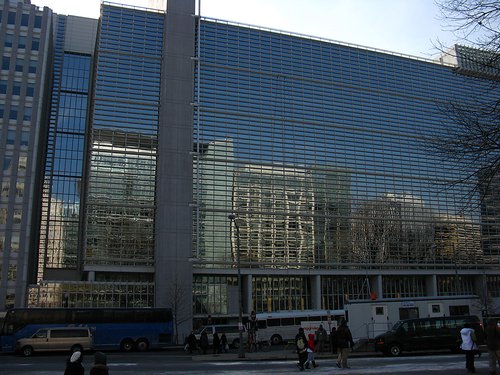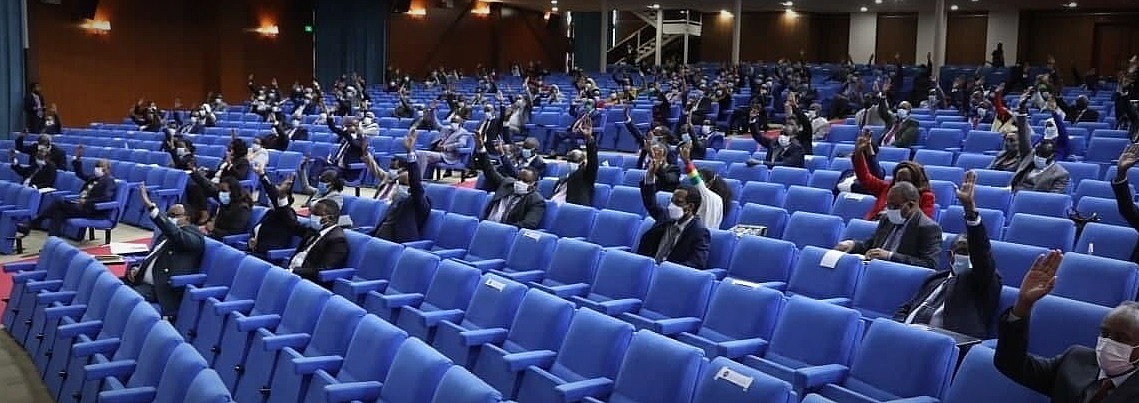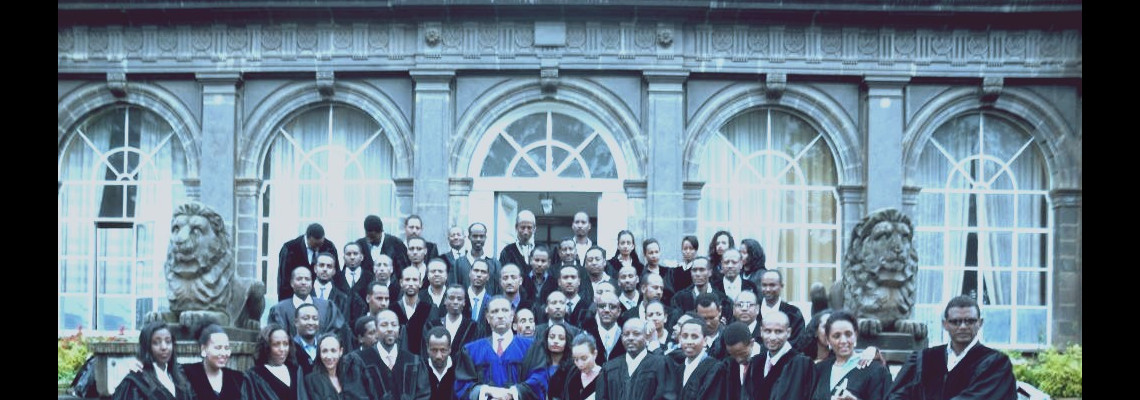
Convictions and the subsequent sentencing that prosecutors from the Federal Ethics & Anticorruption Commission (FEACC) won last year has prompted the World Bank to launch a probe into the conduct of international suppliers, allegedly involved in a rural electrification project, Fortune learnt.
Three weeks ago, the World Bank sent two officers from its integrity department to talk to Ethiopian authorities on the case where an Ethiopian civil servant, Brehanu Hika, was found guilty of taking bribes and acquiring illegitimate wealth, in August 2012. Subsequently, judges at the Federal High Court sentenced him to a three year jail term, and a fine of 4,500 Br.
His appeal to the Federal Supreme Court, filed in October 2012, was rejected.
Brehanu was a procurement expert at the Rural Electrification Fund (REF), under the Ministry of Water & Energy, where he had been serving as secretary in a procurement committee, when REF tried to buy solar powered energy sources. He was found guilty of soliciting bribes from bidders, whilst also taking 4,250 euros from a foreign based supplier, Communications & Accessories International (CAA).
A German based firm established 1986, CAA was one of the bidders that participated in getting the project budgeted at 30 million dollars.
This amount was part of a 200 million dollar universal electric access program, which Ethiopia launched with the support of the World Bank, in 2005. The program is hoped to help the country enhance its national electrification coverage, from 51pc to 75pc, by 2015, by electrifying small towns and villages through low and medium voltage distribution lines.
Out of the total 5,163 towns and villages that are electrified, 99pc of energy generated comes from this program.
CAA, largely involved in the fields of telecommunications, electricity and water, with claims to have completed more than 100 projects in East African countries, was installing solar electricity for 100 rural schools in Ethiopia.
The project has not been without its difficulties, however.
In March and July 2010, REF had issued a notice for three international tenders inviting prospective foreign suppliers interested in undertaking these projects. Four companies, including CAA, the Spanish ‘Solener Madrid’, the Israeli ‘OMNO Agriculture Ltd’ and the Indian ‘Angelique International Ltd’ had responded positively at the time.
During the administration of these bids, the procurement expert had solicited bribes from bidders, including a 5,000 dollar kickback from OMNO Agriculture Ltd, which he succeeded in getting from some bidders, according to prosecutors. In addition to what he received from CAA, he was also paid a total of 450 euros by Solener Madrid, the Court established.
As a result, the civil servant was found to have 371,000 Br in an account with the Commercial Bank of Ethiopia’s Bole Branch, and shares worth 37,000 Br in Awash International Bank. He was also accused of accumulating 713,879 Br of wealth, hardly justified as savings from a monthly salary of just 5,250 Br. When investigators from the Commission searched his car, a few days after they put him into custody, they discovered 420,000 Br in cash.
Although Brehanu later told judges that this amount was planted in his vehicle, whilst parked inside the Commission’s premises on Ras Mekonnen Road, when under their custody, investigators were suspicious that it was 20,000 Br less than an amount withdrawn that same week from one of the bidder’s accounts with Dashen Bank.
“We were not able to produce the evidence to link the two and thus failed to convict the foreign supplier,” a senior official of the Commission told Fortune.
Commission prosecutors, nonetheless, succeeded in convicting one of the suppliers and its senior executive, although in abstantia. CAA and its Director, Riehnhard Joseph Burda, were found guilty of bribing Brehanu in their attempt to gain illegitimate benefits for the company. Burda had wired the money twice, through Western Union – 250 dollars was deposited into Brehanu’s account with the United Bank’s Hilton Branch on August 19, 2010 and an additional 4,000 dollars was deposited in the same account on September 11, 2010.
Brehanu did not deny receiving the money. He rather justified it, in his defence, as an amount transferred to him to be used in establishing a joint venture business with another Mr. Christopher, and for a purpose completely unrelated to his position in the civil service.
Managers at CAA also denied the allegations, in an email sent to Fortune, despite the conviction of both the company and its Director.
“We’re not aware of any court action against our company in Ethiopia,” said CAA managers, in their email dated January 18, 2013. “No employee at REF has received bribes from our company in respect of tenders or contracts.”
Despite such denials, the World Bank has moved in, probing the role this and other companies have had in the corruption allegation that sent an Ethiopian civil service officer to jail, sources in the World Bank disclosed to Fortune. However, the two officers who came to Addis Abeba recently declined to comment on the scope of their investigation, when approached for an interview by this newspaper. Neither were officers at the Bank’s Integrity Department willing to respond to questions from this newspaper emailed two weeks ago.
Nonetheless, the probe may include other companies that participated in the bid, such as the Solener Solar Removable Soceidal Ltd Partnership, a company accused of having one of its directors wire 150 euros and 450 euros to Brehanu, on April 28, 2010 and July 22, 2010, respectively; as well as the Indian ‘Angelique International Ltd’, according to sources at the Bank. The latter is a company whose inclusion in the criminal charges, filed by the Commission’s prosecutors, was dropped by judges due to a lack of material evidence to link its withdrawal of over 400,000 Br to the money found inside Brehanu’s vehicle.
But, Angelique continues to participate in public tenders issued by federal agencies, such as the Rural Electrification Fund and the Ethiopian Sugar Corporation, Fortune learnt.
The World Bank has yet to make its decision as to whether any of these companies should be included in its list of debarred entities.
Lead by a Vice President, the Bank’s Integrity Department receives complaints and launches investigations on cases of corruption.
“When firms and individuals are found to have engaged in fraudulent, corrupt, collusive, coercive or obstructive practices, the World Bank may impose a sanction as debarment,” said the Bank on its official website. “Debarred entities are then ineligible to be awarded a World Bank-financed contract, either permanently or for a designated period of time. Sanctions hold wrongdoers accountable for their misconduct and help deter others from engaging in similar behaviour.”
There are now over 140 entities debarred, since 2004, from taking part in any project financed by the World Bank across the world.
By MELKEAM ASCHALEW
FORTUNE STAFF WRITER
Published on Feb 03, 2013 [ Vol 13 ,No 666]


